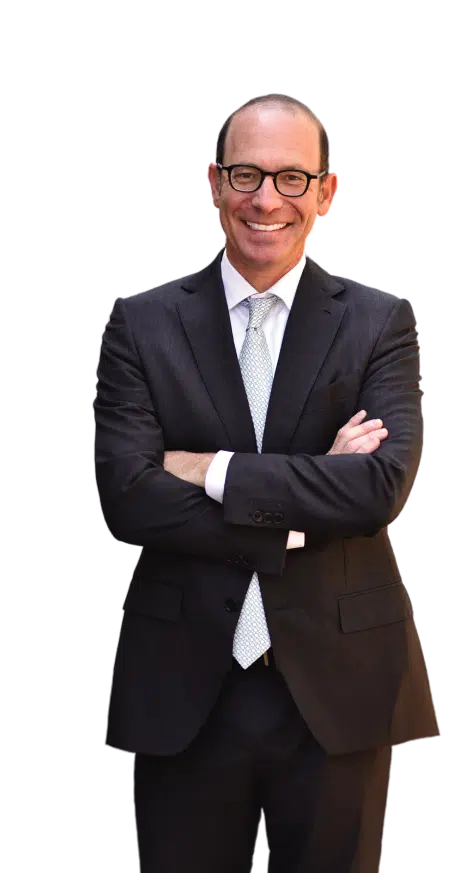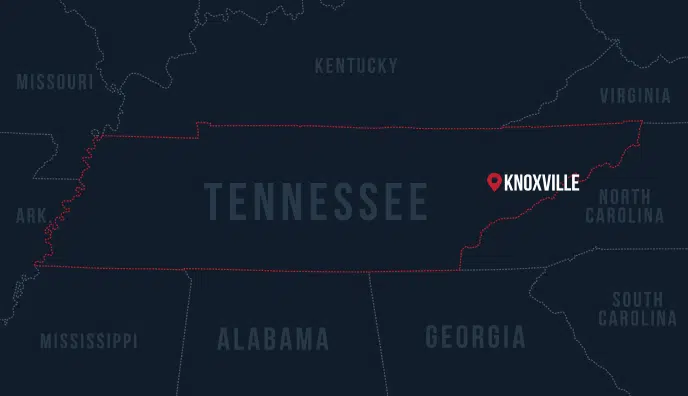FREE 24/7 CONSULTATION | FREE UNLESS YOU WIN “CALL THE CHAMPS!"
 Skip to content
Skip to content


At NST Law, we are dedicated to helping injured individuals and their families get the justice and compensation they deserve.


Expertise
Mr. Trotz has handled injury cases involving auto accidents, slip and fall, premises liability, and negligent security. Every day, Mr. Trotz represents those who have been injured and many of his clients have sustained traumatic and life-altering injuries.
Negligent nursing homes or caregivers who have harmed you or a loved one can be held accountable through a lawsuit. Our NST Law nursing home abuse lawyers in Knoxville take over the legal burden of gathering evidence and dealing with the insurance company as your family recovers. We are committed to protecting the rights of those injured by the negligence of another every step of the way until fair compensation.
It’s devastating to learn that the people you’ve entrusted with your elderly loved one’s well-being have harmed them instead. If you or your loved one have experienced abuse or neglect by a caregiver or suffered an injury in a nursing home, suing for compensation can provide the relief you need to heal and move on.
Let the award-winning Knoxville nursing home abuse lawyers at NST Law help you determine the responsible parties and hold them accountable. We take pride in a comprehensive investigation process that allows us to build solid case strategies and win settlements. Get started by scheduling a free consultation to learn more about your case and how to find justice.
Nursing homes often try to evade accountability for abuse and neglect by concealing evidence and defending their staff members. Our legal team will collect as much evidence as we can from the facility, other residents, patient records, and expert witnesses. We’ll use this proof to determine how much your claim is worth and negotiate a maximized settlement with the insurance company. If the defense is unwilling to settle for what you deserve, we’ll try your case in court without hesitation.
We have an office in Knoxville as well as Nashville, Memphis, and Jackson, Tennessee, where you can walk in for a free consultation.

Nursing home abuse cases often go unreported, mostly because the victim fears retaliation from the abuser or is not mentally or physically able to report the conduct. This is why it’s vital to monitor nursing home residents for signs of injuries or abuse.
Psychological abuse involves both verbal and non-verbal conduct that causes mental distress. Isolation, verbal insults, unfair treatment, and threats are common causes of psychological abuse in a nursing home.
The warning signs include the following:
Using force, such as slapping, pushing, and hitting, are all examples of physical abuse. Signs that indicate your loved one has suffered this type of abuse include the following:
Any unwanted, non-consensual sexual contact in a nursing home may constitute sexual abuse. Examples include improper touching, groping, rape, and making sexual remarks. Notably, incapacitated patients and individuals with cognitive disorders cannot provide consent. The perpetrator may be a nursing home staff member, another resident, or a visitor.
Signs of elder sexual abuse to watch out for include the following:
A nursing home staff member, visitor, or even a family member can convince an older person to give them their money under a false identity, pressure them to put money into non-existent investments, manipulate them into changing property ownership, and commit other acts of financial abuse.
Warning signs of financial abuse include the following:
Neglect occurs when caregivers and facilities fail to provide a sufficient standard of care to a nursing home resident. Neglect causes preventable diseases, injuries, psychological stress, and wrongful deaths.
Signs that a nursing home has neglected a loved one include the following:
If you’re looking for a nursing home for your loved one, here are facilities in or near Knoxville:
Nursing homes owe residents a legal duty to provide reasonable care under the circumstances. The Nursing Home Reform Act establishes the basic rights nursing home residents have. The law provides the minimum federal health and care requirements that nursing homes and caregivers must meet. This law and others form the standard of care nursing homes must provide their residents.
To receive compensation for nursing home abuse, you must prove that the accused party breached that duty by failing to meet that standard.
Unfortunately, collecting such evidence can be hard because the facility will seek to protect itself and the staff. Some cases also involve multiple liable persons, further complicating the legal process.
As champions for the injured, NST Law Knoxville TN personal injury attorneys are dedicated to guiding and supporting those who suffer from another person’s negligence. Your nursing home abuse claim will receive personalized attention from our large, experienced team to ensure a successful verdict.
When you discover or suspect an elderly loved one has experienced abuse or neglect, it’s crucial to understand the legal options and the best path to seeking justice. Reporting the incident to law enforcement may open a criminal investigation into the nursing home. Another way to hold the responsible party accountable is by filing a civil lawsuit to seek compensation for damages suffered.
NST Law attorneys have won over $2 billion in injury settlements, and we can help you recover any of the following damages for a nursing abuse lawsuit:
Nursing homes are required by law to provide a reasonable quality of care to their residents. When a facility fails to do this and causes injuries or an illness to a loved one, you can hold them accountable through a lawsuit. Our nursing home abuse attorneys in Knoxville, TN, are ready to put their decades of experience to work and fight for the justice your family deserves.
Contact our personal injury law firm by calling 800-529-4004 or filling out our online form to speak with a qualified NST Law attorney.
The team has Phenomenal knowledge and experience and will work to get you the results you deserve and more. Thanks so much Nahon, Saharovich & Trotz for your amazing service. Steven is the best ever. Thanks so much for making me feel so comfortable.

The statute of limitations for filing a nursing home negligence claim in Knoxville is one year from when you discovered the abuse. Although rare circumstances may allow you to pursue compensation after a year, most cases initiated after this period are dismissed. This is why it’s crucial to consult an attorney as soon as possible and learn the best way forward for your case.
Mandatory reporting states such as Tennessee require you to make a report if you suspect or have witnessed the exploitation, neglect, or abuse of an elderly person. You can call the state’s Adult Protective Services at 888-277-8366 and give an account of the events or call 911 if the incident is happening now.
You can also file a complaint with the Tennessee Department of Health if the abuse involves a health care facility.
Our NST Law nursing home abuse lawyers will not charge you an attorney fee until, and only if, you recover compensation. Before starting, we will agree on a percentage fee from your settlement and explain other common lawsuit charges.
Your first consultation with our skilled lawyers is also free so that you can understand your situation and available legal options without financial worries.
Founding Member – Senior Partner
Phone: (865) 684 – 1000
Attorney
Phone: (865) 684 – 1000
Attorney
Phone: (865) 684 – 1000
Founding Member – Senior Partner
Phone: (865) 684 – 1000
Attorney
Phone: (865) 684 – 1000
Attorney
Phone: (865) 684 – 1000
Founding Member – Senior Partner
Phone: (731) 427-5550
Attorney
Phone: (731) 427-5550
Attorney
Phone: (731) 427-5550
Founding Member – Senior Partner
Phone: (731) 427-5550
Attorney
Phone: (865) 684-1000
Attorney
Phone: (731) 427-5550
Attorney
Phone: (731) 427-5550
Attorney
Phone: (731) 427-5550
Attorney
Phone: (731) 427-5550
Attorney
Phone: (731) 427-5550
Attorney
Phone: (865) 684-1000
Attorney
Phone: (731) 427-5550
Attorney
Phone: (731) 427-5550
Attorney
Phone: (731) 427-5550
Attorney
Phone: (731) 427-5550
Attorney
Phone: (731) 427-5550
Attorney
Phone: (731) 427-5550
Attorney
Phone: (731) 427-5550
Attorney
Phone: (731) 427-5550
Attorney
Phone: (731) 427-5550

